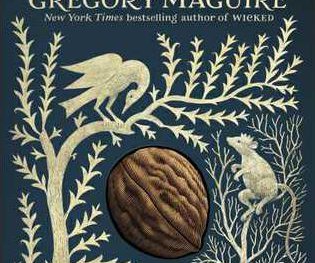In the newspaper business, the term ‘morgue’ refers to the place where a newspaper keeps its “dead” papers. In today’s lingo, this is called the archive files. Some papers use microfilm, or even scan to PDF format.
Out of the Morgue





